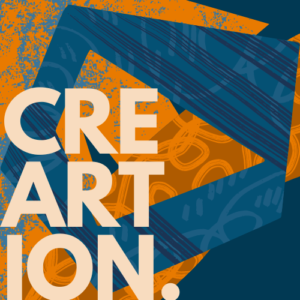Exploring the Impact of Diversity in Film: How Representation Matters
In recent years, the importance of diversity and representation in film has become a hot topic in the entertainment industry. From casting decisions to storytelling, the impact of including diverse voices and perspectives in film cannot be understated. In this article, we will delve into the significance of representation in movies and how it can shape our cultural landscape.
The Power of Representation
Representation in film is crucial because it reflects the diverse world we live in. When audiences see themselves represented on screen, it validates their experiences and helps them feel seen and heard. It also allows viewers to gain insights into different cultures, backgrounds, and identities, fostering empathy and understanding.
Furthermore, representation in film has the power to challenge stereotypes and break down barriers. By showcasing a wide range of voices and stories, movies can educate and inspire audiences to think critically about the world around them.
The Impact on Society
The lack of diversity in film can have far-reaching consequences on society. When certain groups are underrepresented or misrepresented on screen, it perpetuates harmful stereotypes and reinforces inequality. This can have a negative impact on how individuals perceive themselves and others, leading to feelings of exclusion and alienation.
On the other hand, when films prioritize diversity and inclusion, it sends a powerful message that everyone’s story deserves to be told. This can promote a sense of belonging and unity among viewers, highlighting the richness of human experience and fostering a more inclusive society.
FAQs
Why is diversity in film important?
Diversity in film is important because it reflects the real world and allows for a more accurate portrayal of society. It also provides opportunities for underrepresented groups to see themselves represented on screen.
How does representation in film impact audiences?
Representation in film can impact audiences by shaping their perceptions, fostering empathy, and challenging stereotypes. It can also inspire viewers to think critically about social issues and promote greater understanding and acceptance.
What can be done to improve diversity in film?
To improve diversity in film, filmmakers and industry professionals can prioritize inclusive casting, storytelling, and hiring practices. They can also support and promote diverse voices both in front of and behind the camera.
For more information on the impact of diversity in film, check out this article.
